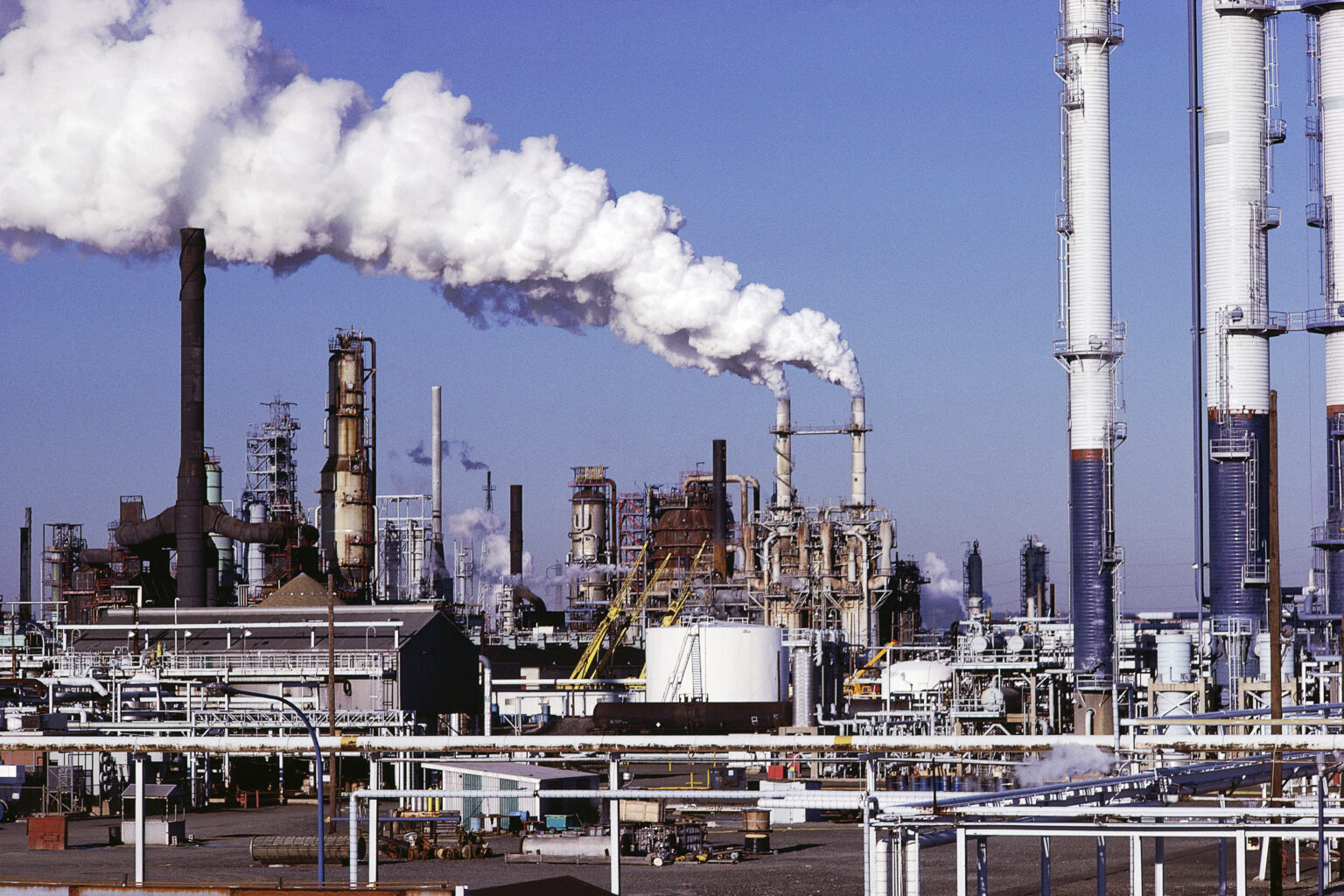Tariffs and Emission Reductions
President Donald Trump’s extensive global tariffs have created significant concerns about a potential economic downturn. Amid economic uncertainties, experts are assessing whether this scenario might unintentionally benefit climate change efforts by reducing global emissions, albeit temporarily.
Analysts suggest that reduced global trade due to tariffs could minimally lower greenhouse gas emissions. Such emissions largely result from burning fossil fuels like oil and gas, powering ships, aircraft, and vehicles transporting goods worldwide. Historical precedents, such as emission reductions during the 2020 pandemic and the 2009 global financial crisis, reinforce the notion that slowed economic activity can slightly diminish carbon dioxide output.
However, Rob Jackson, head of the Global Carbon Project, emphasizes that any emission reductions under these tariffs would be notably modest—approximately 1% at best. He points out this figure pales compared to the 5.7% reduction witnessed during the COVID-19 pandemic’s first year. Jackson stresses the urgency of implementing structural, sustainable changes rather than relying on temporary economic slowdowns for meaningful climate action.
Negative Long-term Implications
While a temporary emissions drop might sound appealing, experts warn about severe long-term consequences. Trump’s tariffs, primarily targeting Chinese goods, could drastically escalate prices and hinder the ongoing transition towards renewable energy technologies, crucial for sustained emission reductions.
Dan Jasper, a senior policy advisor at Project Drawdown, expresses strong skepticism toward any positive long-term climate impacts from Trump’s tariff strategy. Jasper argues the tariffs disproportionately harm clean technologies and renewable energy initiatives, particularly given China’s dominance as a global supplier of vital renewable infrastructure like solar panels.
China currently manufactures more than 80% of the world’s solar panels, integral to worldwide renewable energy expansions. Imposing high tariffs disrupts the renewable sector’s global supply chain, raising costs and potentially reversing progress on climate-friendly energy developments.
Michael Gerrard, director at Columbia University’s Sabin Center for Climate Change Law, concurs. Gerrard notes that higher component prices might stall or cancel many planned renewable energy projects. Additionally, a reduction in electric vehicle imports, driven by tariff-induced cost hikes, would indirectly boost fossil fuel reliance, resulting in increased long-term emissions.
Renewable Energy Industry Concerns
Stakeholders within the renewable energy industry express heightened concern over tariff-driven market volatility. Renewable energy investor Excelsior Energy Capital recently secured over $1 billion to continue investing in solar, wind, and energy storage projects across the U.S. However, the company’s managing partner, Chris Moakley, fears tariffs might disrupt the stability and predictable pricing essential for renewable investments.
Global consultancy firm Baringa echoes this concern. Partner and energy expert David Shepheard highlights that grid-scale battery prices, a vital component for integrating renewable energy into power grids, could increase by around 55% under full tariff implementation. This surge in prices could severely undermine solar-battery storage projects’ economic viability, thus driving the U.S. back toward fossil fuel dependence for decades.
Policy Reversals and Future Prospects
Trump’s tariff policy starkly contrasts with prior U.S. government efforts aimed at accelerating clean energy adoption. President Joe Biden had previously established policies and incentives aimed explicitly at achieving significant emission reductions through renewable energy investment. Trump swiftly reversed many of these policies, favoring traditional fossil fuel industries such as oil, gas, and coal upon returning to the presidency.
In addition, Trump’s administration has actively opposed renewable energy expansion efforts, exemplified by canceling offshore wind lease agreements, halting federal clean energy loan programs, and opposing state-level climate regulations. Analysts fear these actions, combined with aggressive tariff policies, threaten long-term climate goals and renewable energy market stability.
While experts acknowledge tariffs might briefly dampen emissions, they strongly caution against viewing such reductions positively. The overall consensus among climate specialists is clear: sustained emission reductions necessitate deliberate policy support and robust renewable energy investments, not temporary economic disruptions through trade conflicts.


